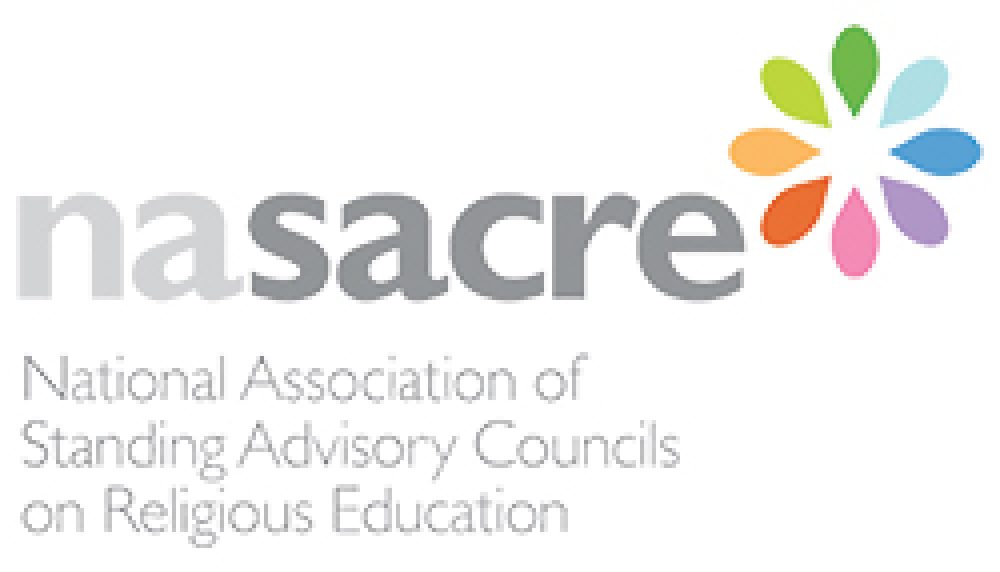Schools do not need to do a religious collective worship, a former chair of the national association for SACREs has reminded the sector.
Lesley Prior’s comment follows calls to end the required daily act of worship from a group that includes former education secretary Charles Clarke.
In a report from Westminster Faith Debates, Mr Clarke and Linda Woodhead, professor of religion and philosophy at Lancaster University, said religious education legislation needed to be updated.
But any school could ask their local SACRE (Standing Advisory Council on Religious Education) board, which is run through the local authority, to be exempt from the Christian nature of statutory collective worship, said Ms Prior.
“[A determination] lifts the requirement for a collective worship to be wholly or broadly of a Christian character.
“It allows schools of diverse populations, if they wish, to apply to their local SACRE so they can provide worship that draws from a range of traditions in their community.”
Ms Prior, who is currently working with eight boards in London, said schools in the capital often took advantage of the exemption.
A whole-school determination exempted whole school collective worship from having a Christian ethos; a part-determination allowed one faith/belief group to meet for worship separate to the Christian character assembly; a series of determinations could be granted for multiple faiths and beliefs, including atheism or non-religion.
She argued that worship in schools was not always overtly Christian and said, particularly in secondary schools, it could take the form of a thought for the day.
But British Humanist Association education campaigner Jay Harman said: “The calls for both a nationally-agreed syllabus on beliefs and religions, and an end to compulsory worship, are in tune with longstanding public opinion.”
The report, by Mr Clarke and Professor Woodhead, said: “We recommend that the current requirement in statute for an Act of Collective Worship should be abolished, and the decision about the form and character of school assemblies should be left to the governors of individual schools.
“Schools should be required to set out their statement and strategy for promoting spiritual, moral, social and cultural education, with school community assemblies as an important part of that strategy, upon which they would be inspected by Ofsted. The government should provide non-statutory guidance to help to achieve this.”







Spiritual is a vague concept – too often interpreted to mean religious.
Stick with moral.
The opening paragraph of this article (in bold) misrepresnts some aspects of what I said when interviewed. A daily act of Collective worship IS required by law in all maintained schools – a determination simply removes the requirement that this should be wholly or mainly of a broadly Christian character.